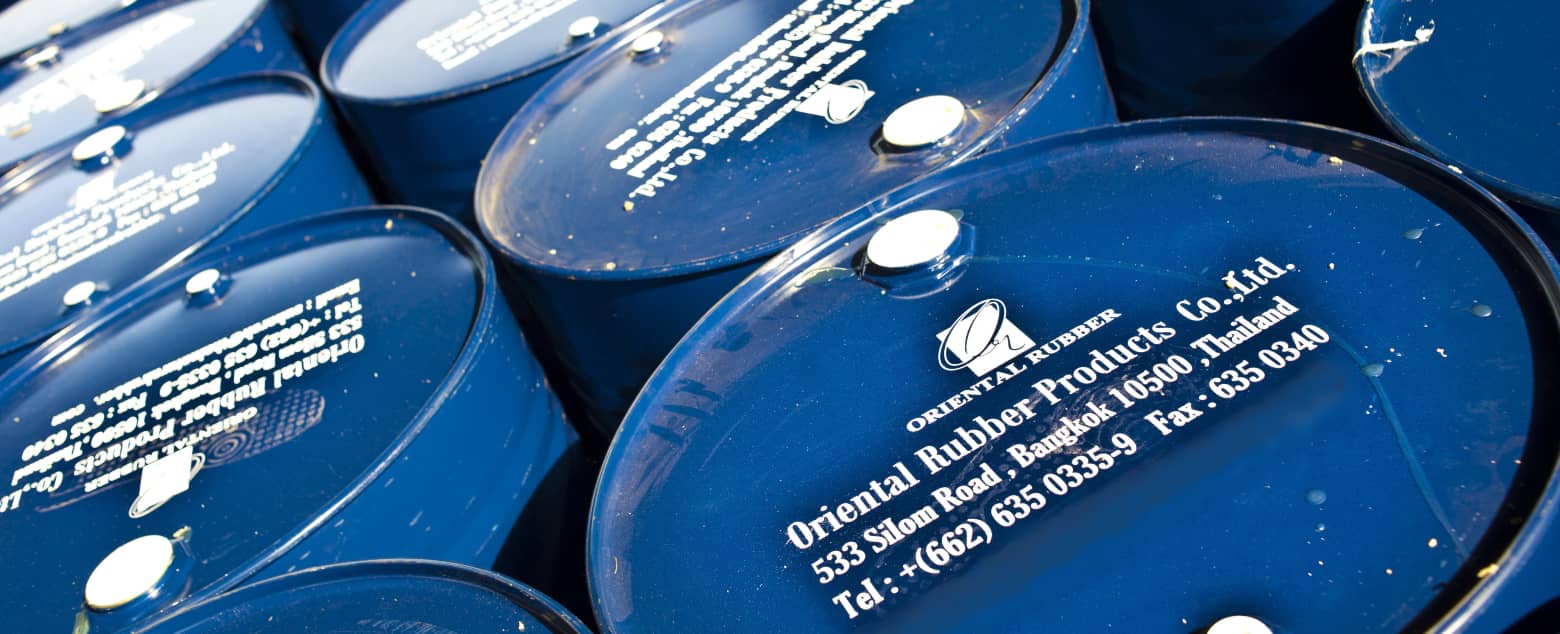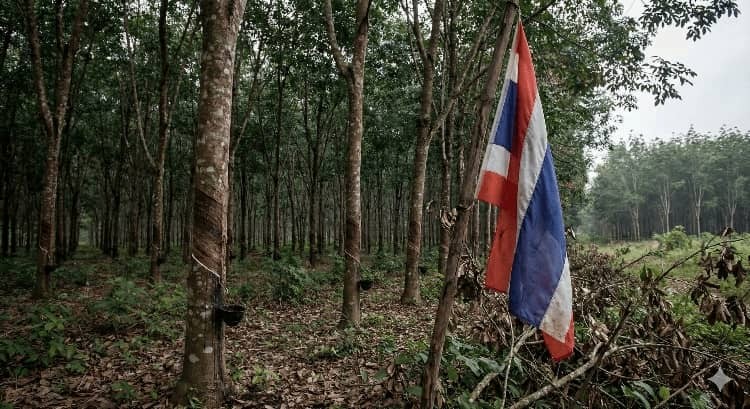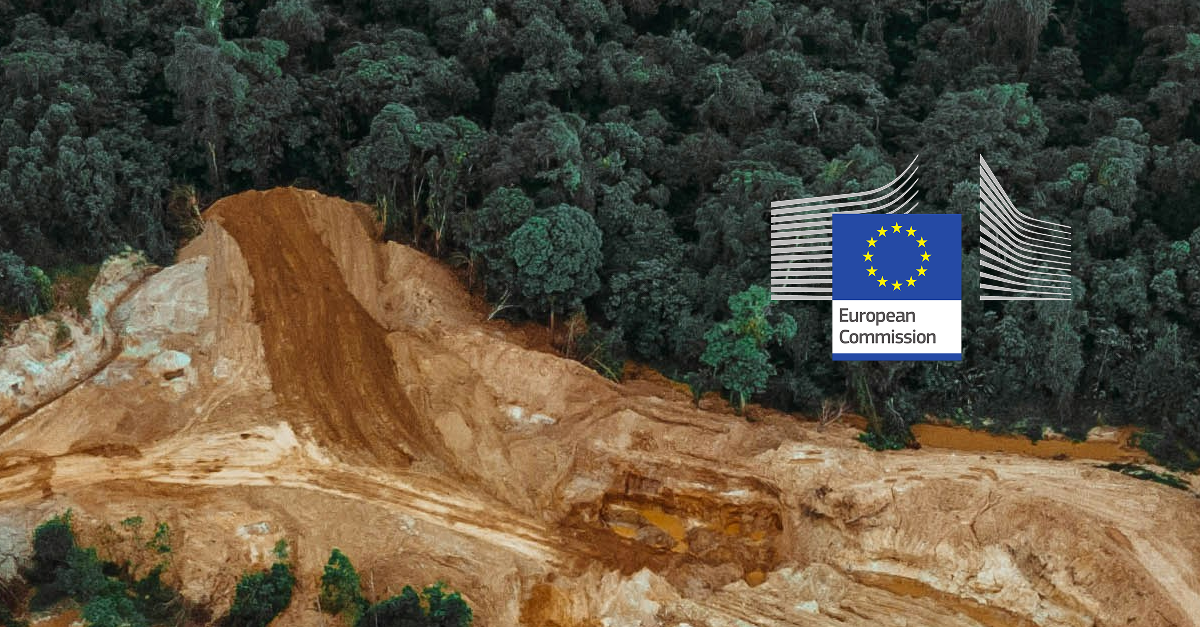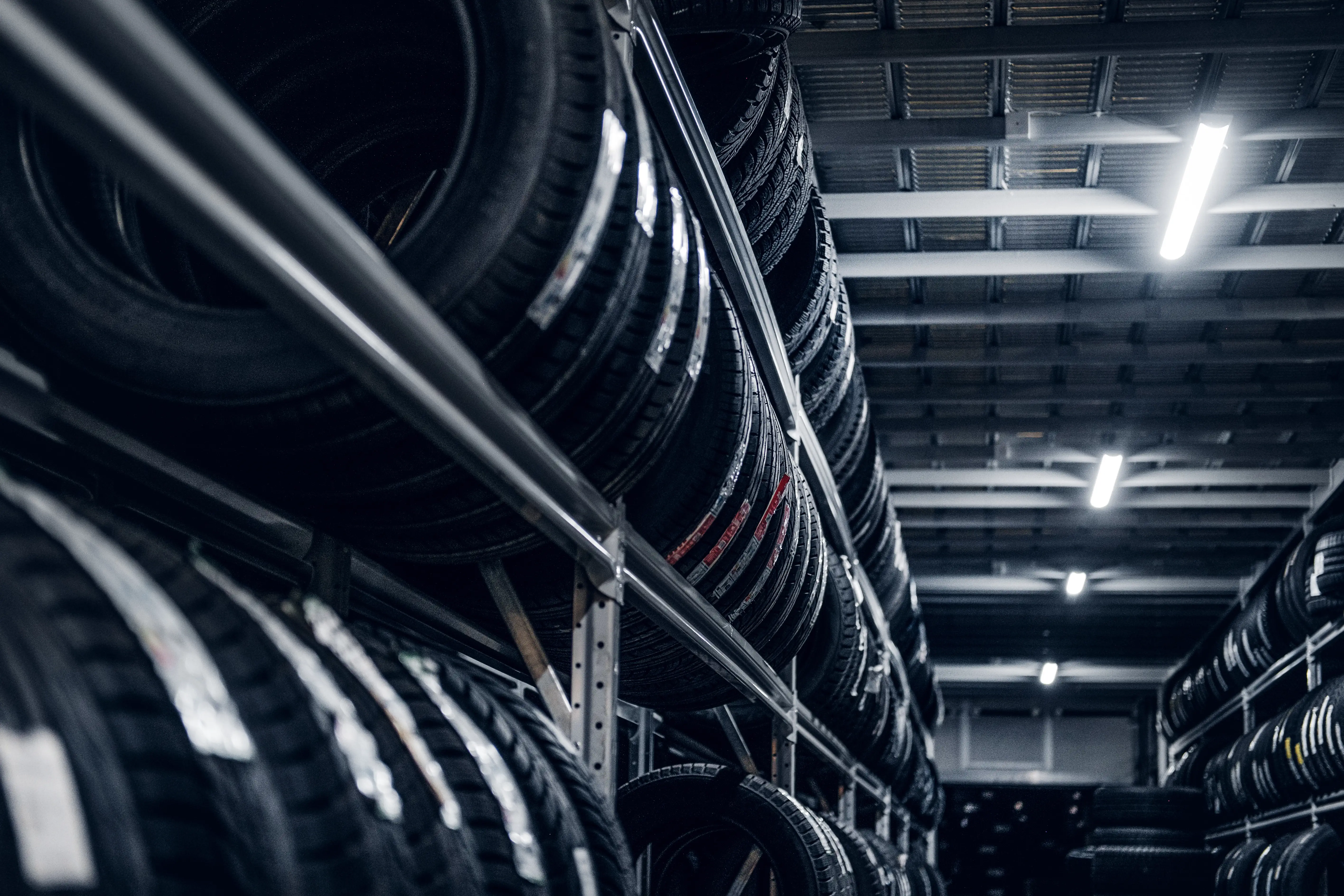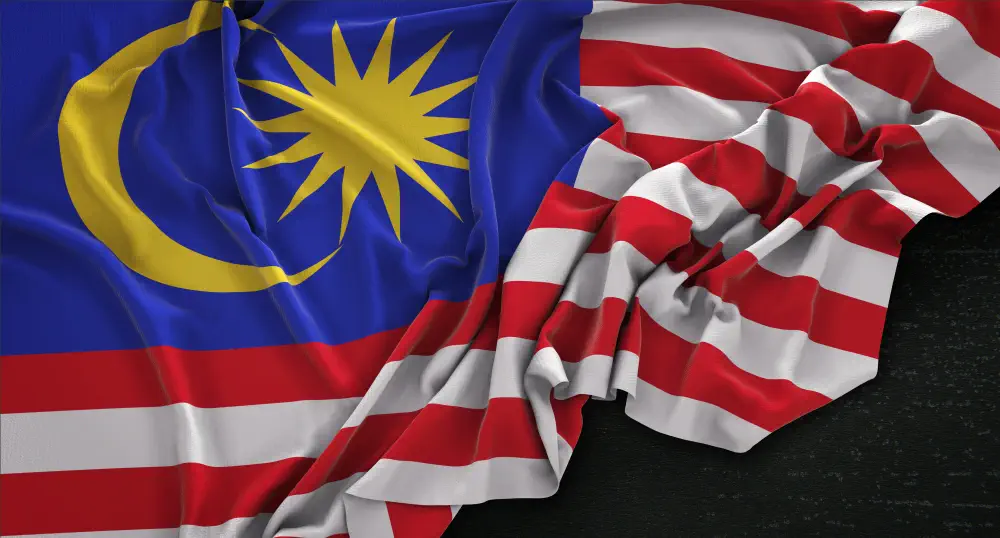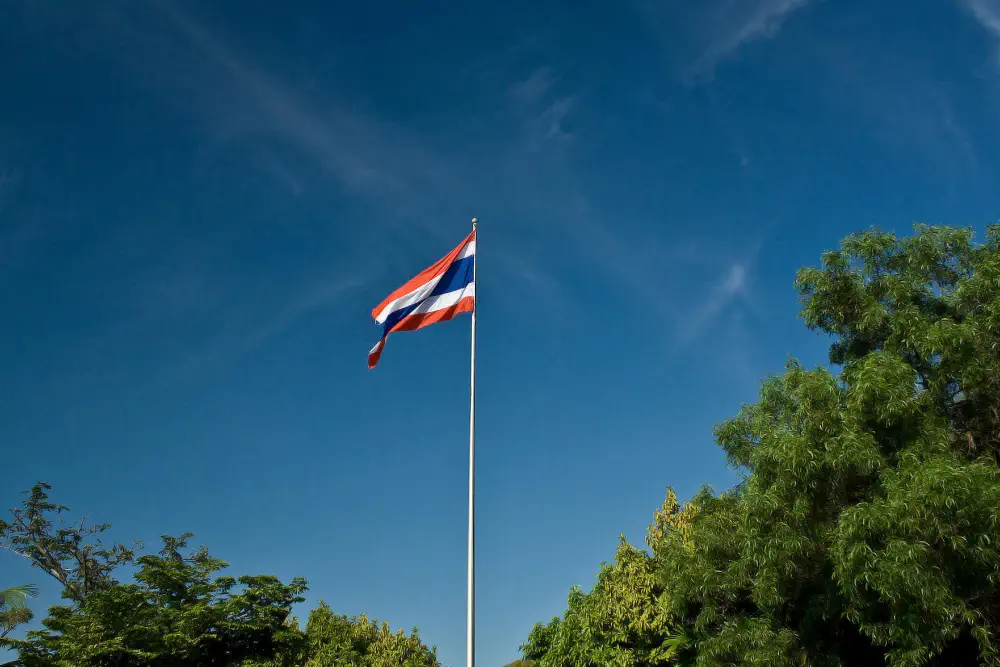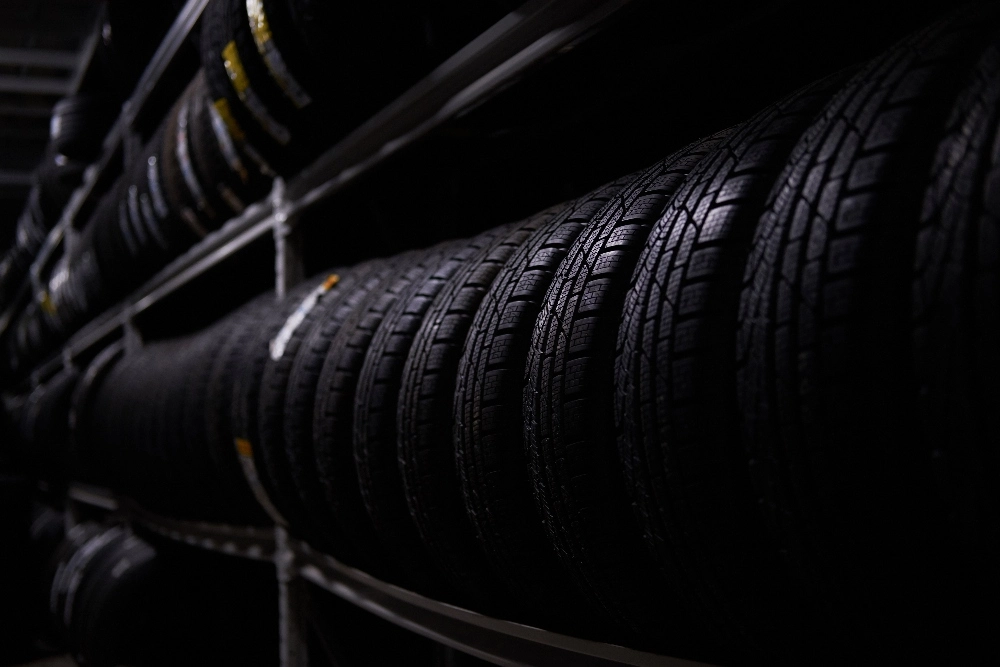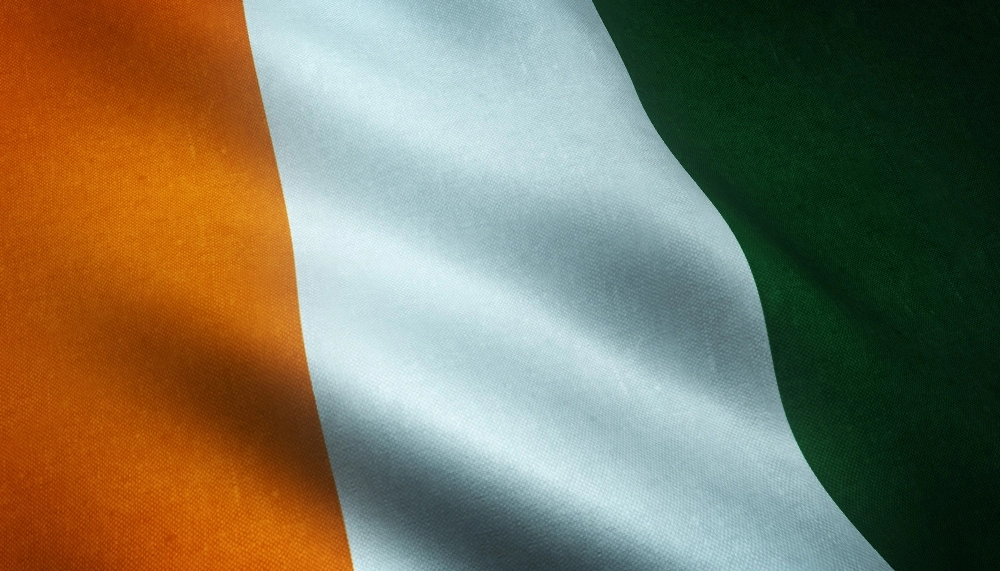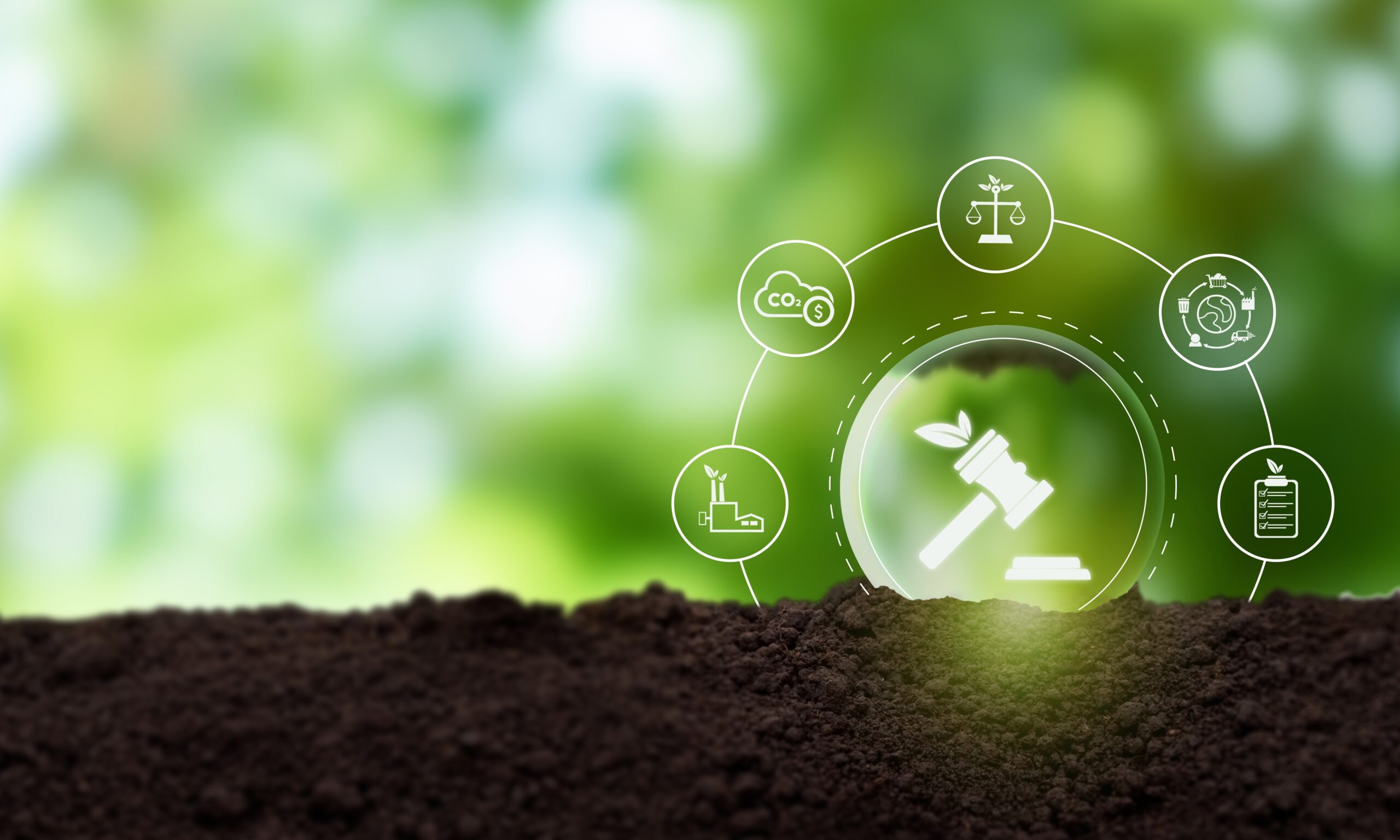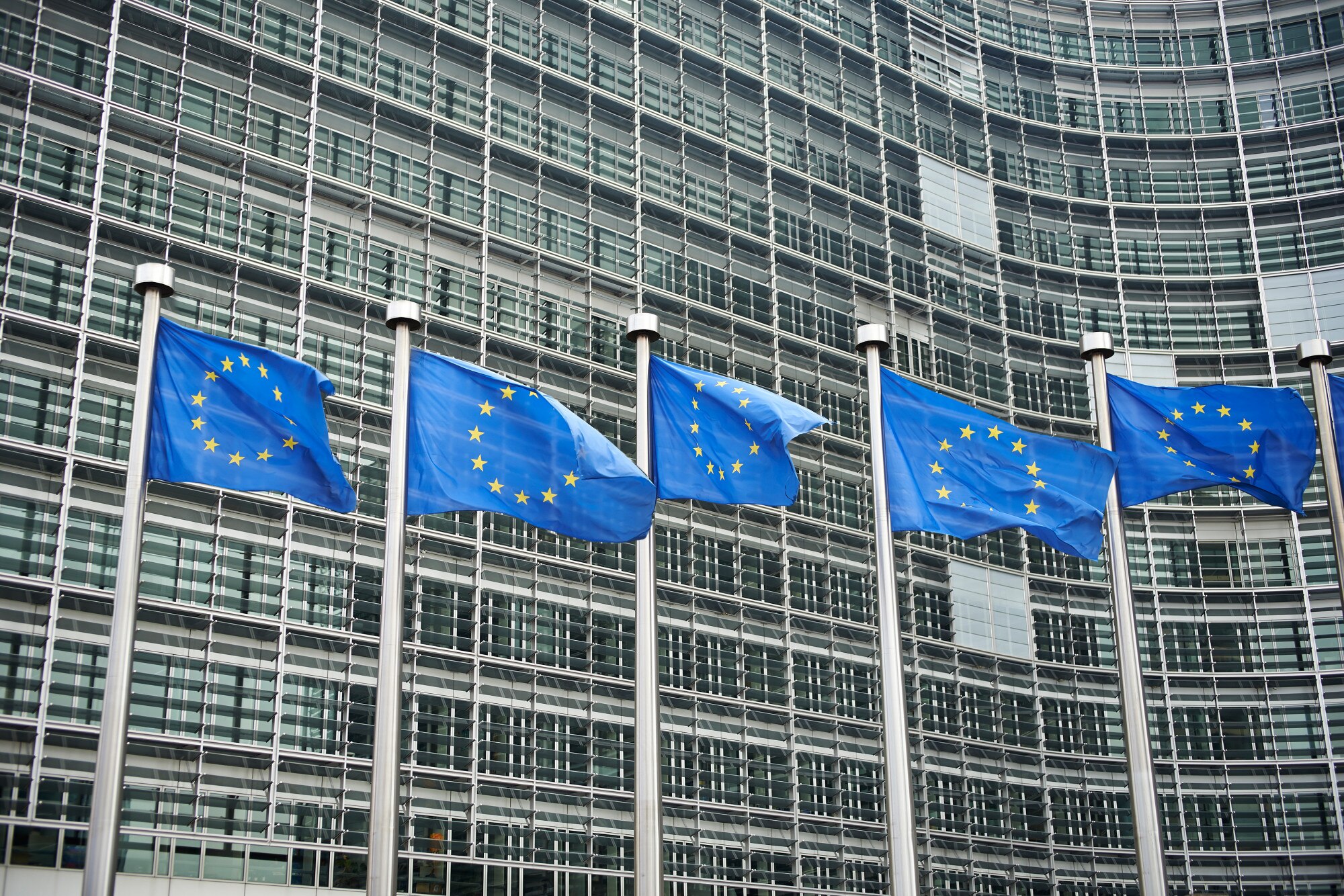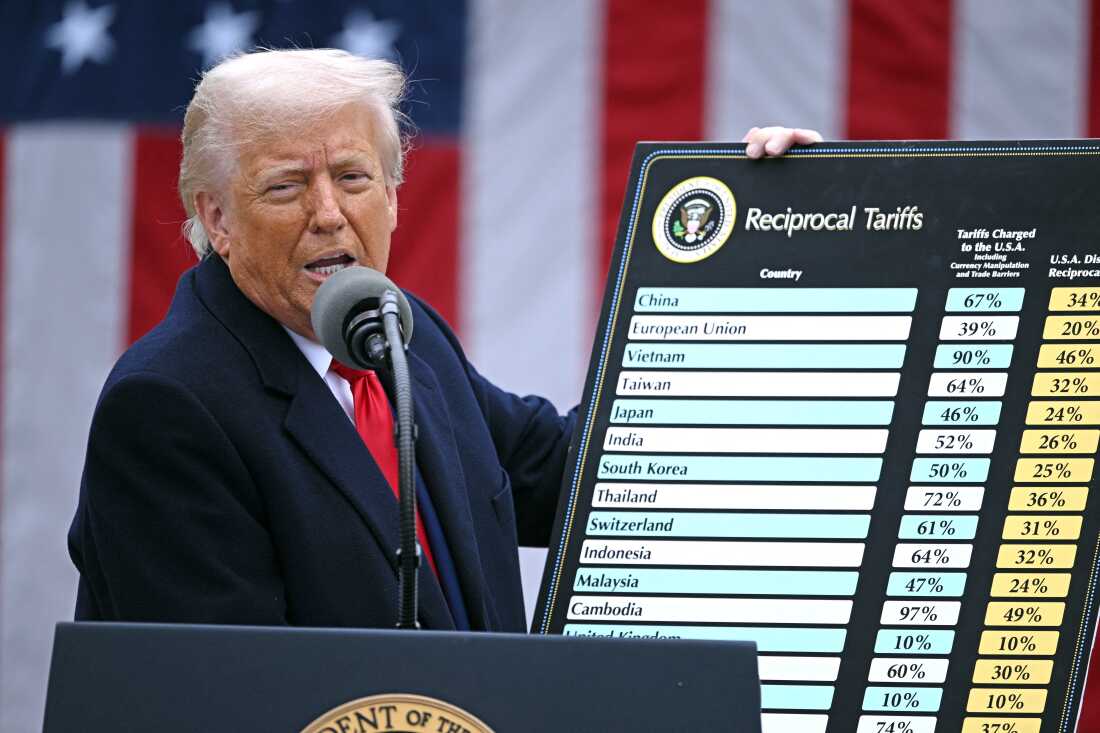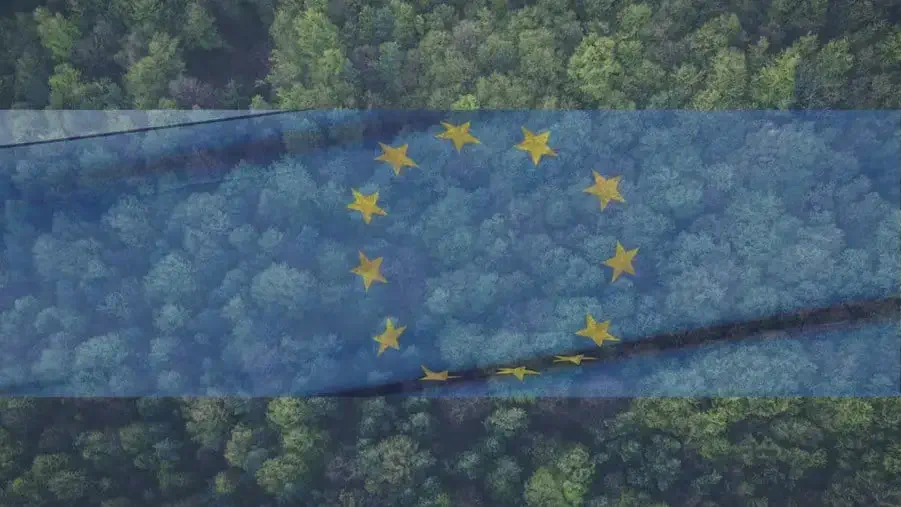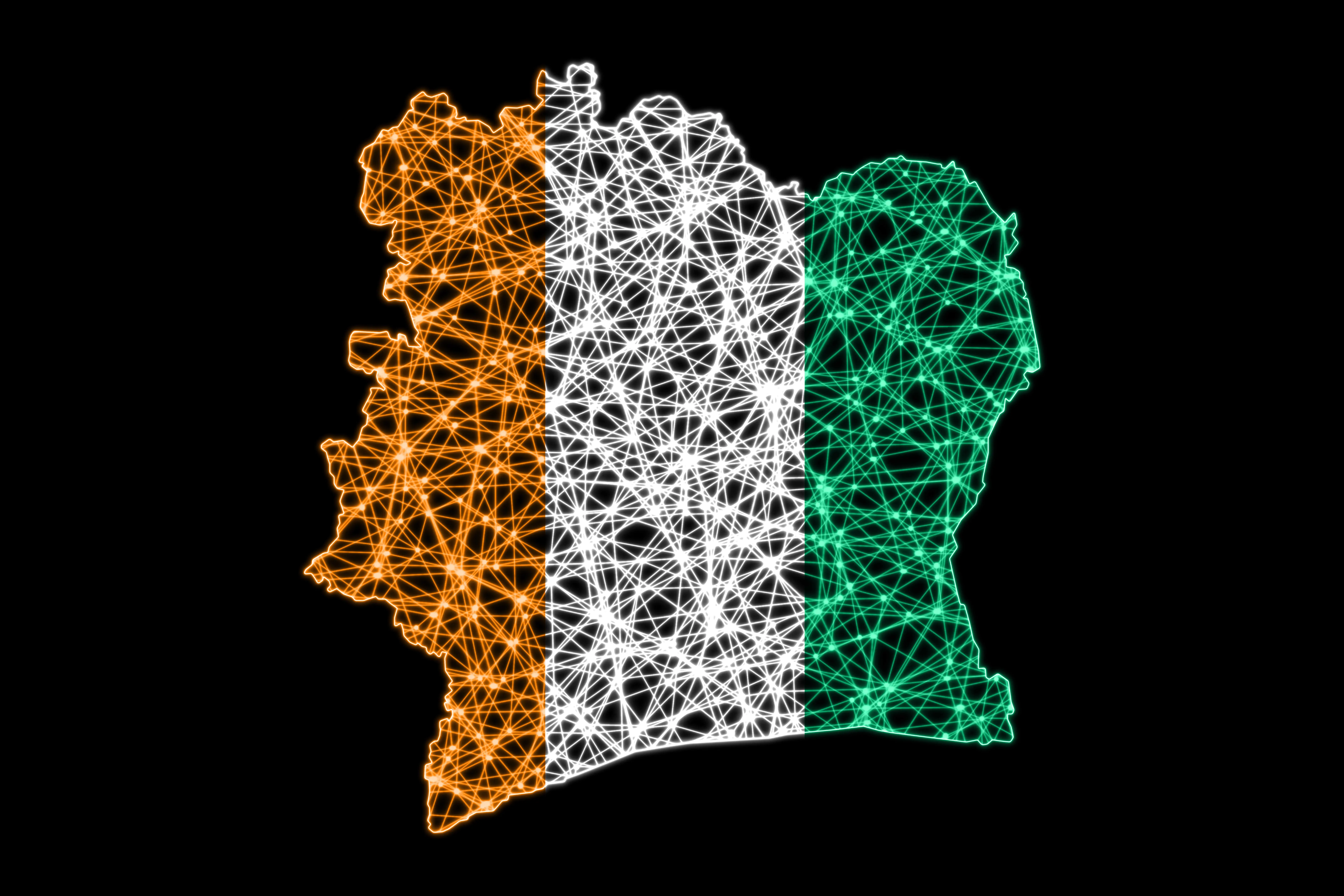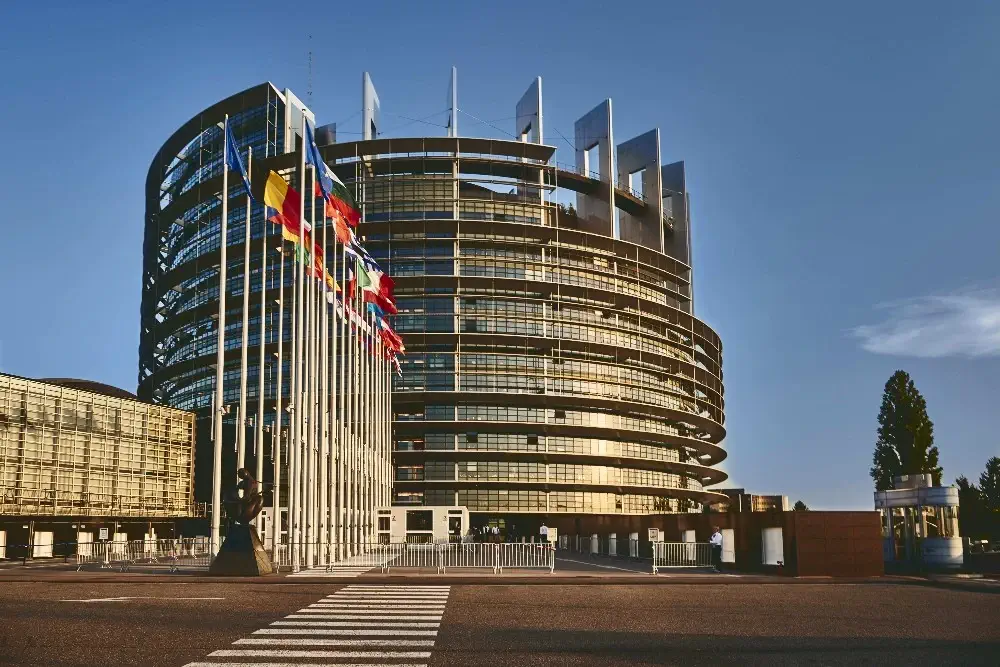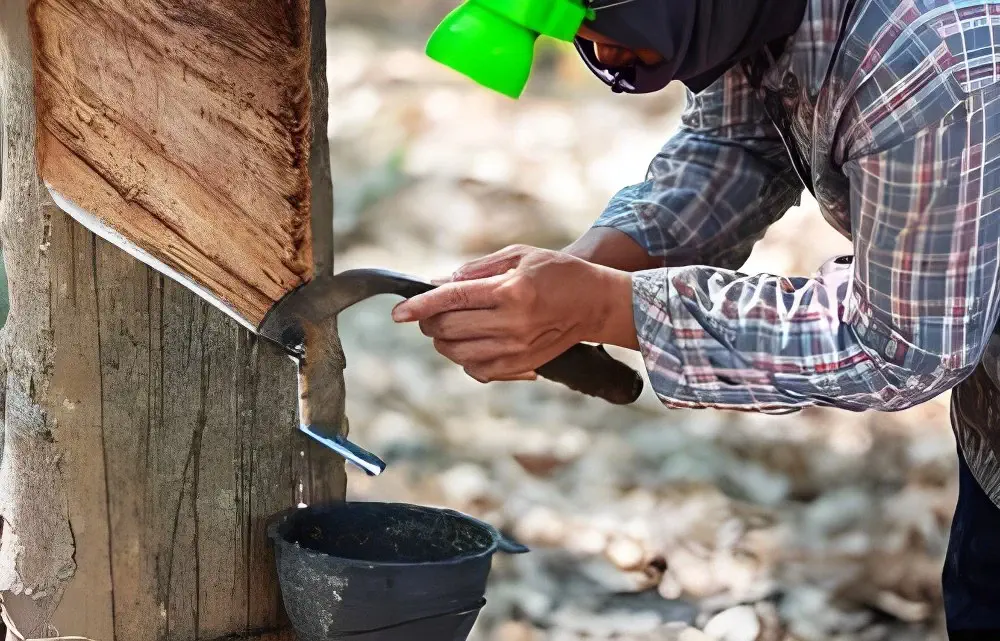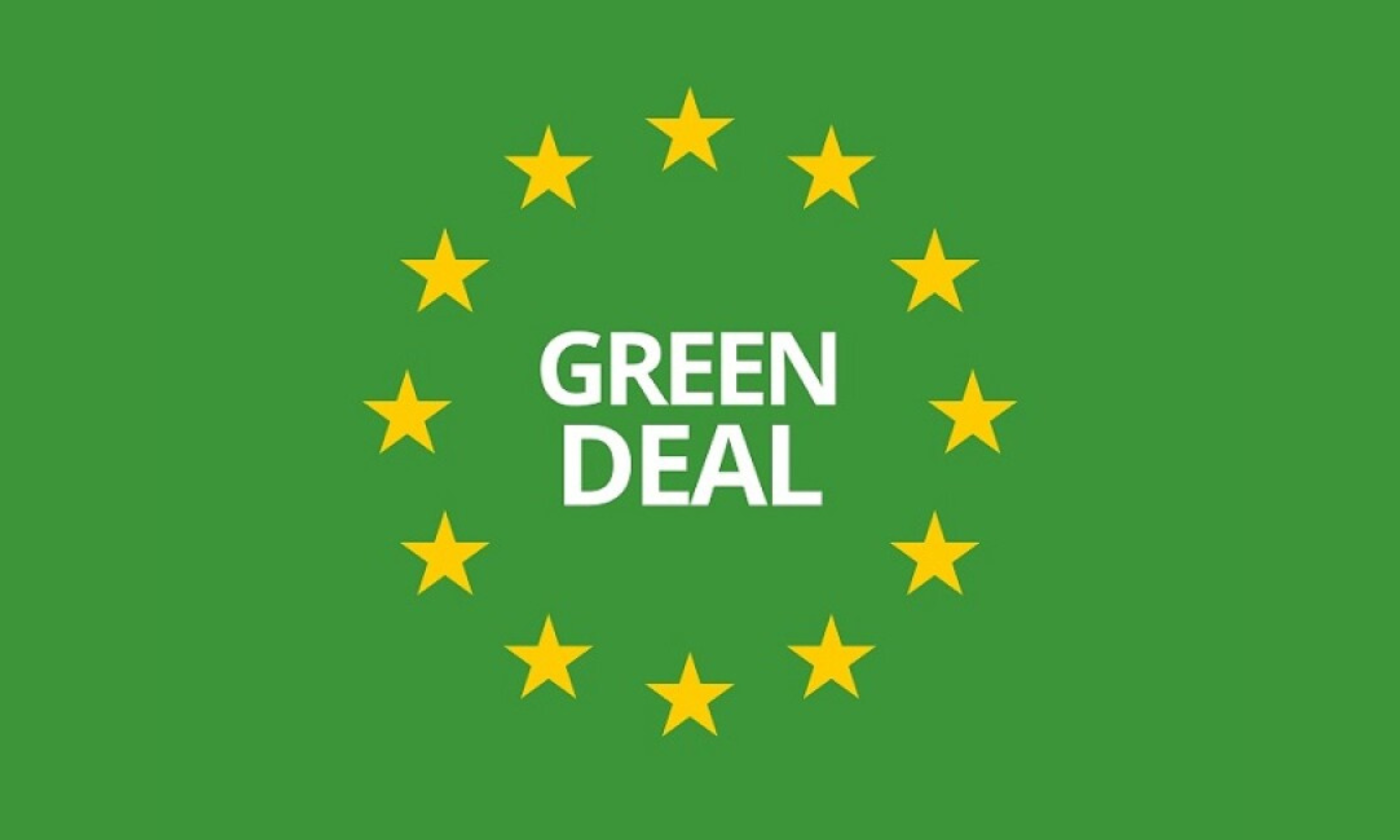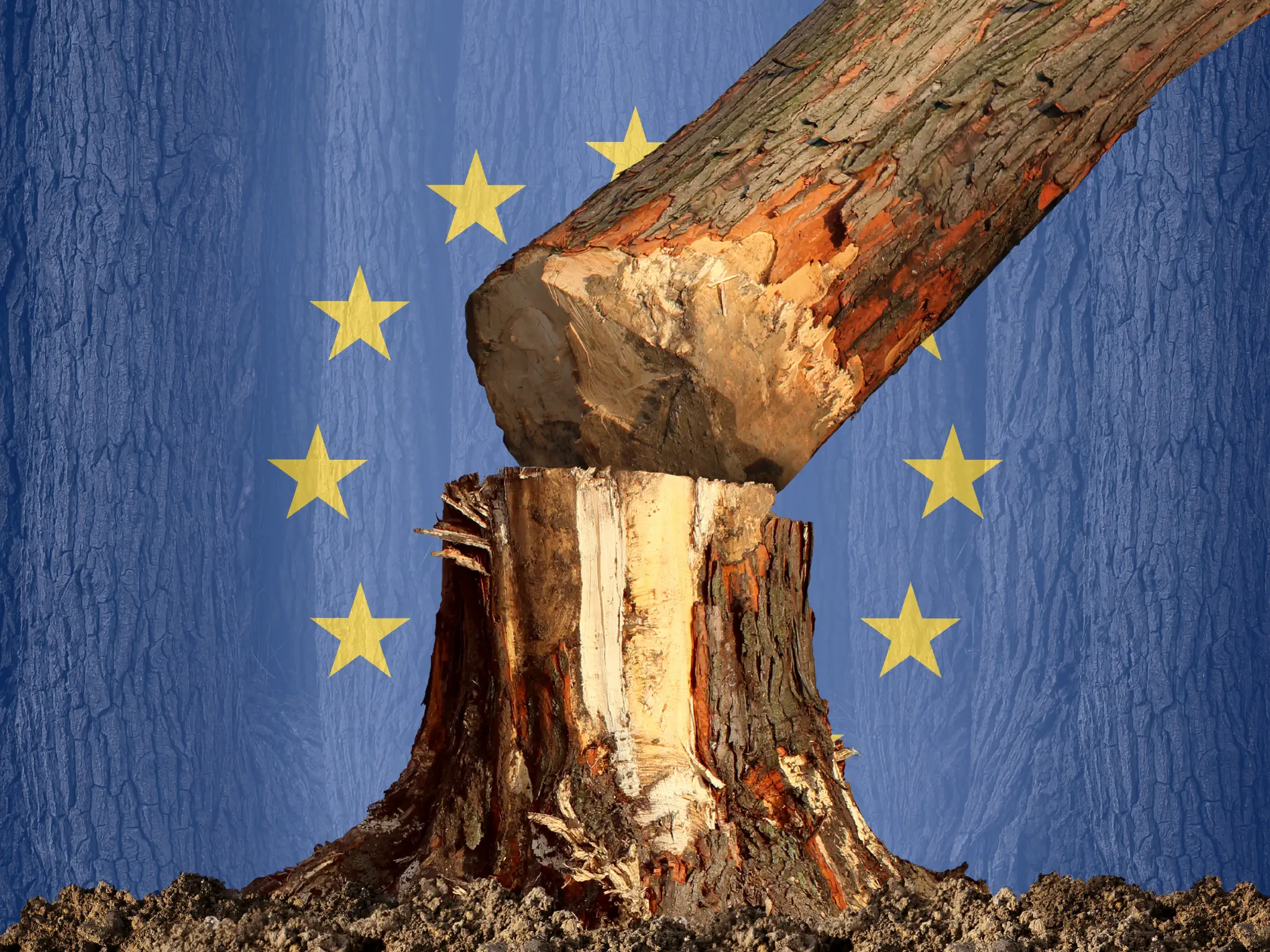
EU Postpones Anti-Deforestation Regulation for Additional Year
The European Union has announced a second postponement of its landmark anti-deforestation legislation, pushing back implementation by another year, Environment Commissioner Jessika Roswall revealed on Tuesday 21st September. The delay affects regulations that would prohibit imports of commodities like palm oil connected to forest clearance.
The new proposal delays compliance until December 30, 2026, following an earlier postponement to December 2025. Brussels had previously extended the law's timeline by twelve months, yet this failed to satisfy concerns from industry representatives and trading partners including Brazil, Indonesia, and the United States. These nations argue that meeting the regulation's requirements would prove expensive and damage their European export businesses.
According to Roswall, the additional delay stems from worries about whether information technology infrastructure can handle the law's demands. She emphasized that the postponement wasn't connected to American objections regarding the policy.
"We have concern regarding the IT system, given the amount of information that we put into the system...That will...also give us time to look at the different risks," she explained to journalists.
In correspondence to Parliament's environment committee, Roswall expressed fears that the IT system could experience performance slowdowns that might disrupt commercial activity.
Regulations Target Forest-Destroying Supply Chains
The EU Deforestation Regulation covers seven commodities—cattle, cocoa, coffee, oil palm, rubber, soya, and wood—as well as many derived products including meat, leather, chocolate, palm oil derivatives, glycerol, natural rubber products, soybeans, fuel wood, wood products, pulp and paper, and printed books.
The legislation had been scheduled to begin December 30, requiring businesses importing these products to demonstrate their goods hadn't contributed to forest destruction. Products must be traceable to plots of land and cannot originate from areas deforested or degraded since December 31, 2020.
This groundbreaking policy seeks to eliminate the approximately 10% of worldwide deforestation driven by European consumption of imported products. However, it remains a divisive component of Europe's environmental program.
Under the recently agreed timeline, large operators and traders must comply by December 30, 2025, while micro and small enterprises have until June 30, 2026. However, the newest delay would push these dates back another full year.
Political Pressure and Trade Concerns
Following its trade agreement with President Donald Trump, the EU agreed to address American producers' concerns about the regulation. In August 2025, the US and EU announced a Framework on an Agreement noting that "the European Union commits to work to address the concerns of US producers and exporters regarding the EU Deforestation Regulation, with a view to avoiding undue impact on US-EU trade". The United States paper and pulp sector has previously called for American goods to receive exemptions from these requirements.
Several EU member states, including Poland and Austria, have indicated that European producers face challenges meeting the regulation's traceability standards.
Parliament also adopted amendments creating a new "no risk" category for countries with stable or increasing forest area, which would face significantly less stringent requirements. This classification system adds to existing categories of low, standard, and high risk countries.
Significant Penalties for Non-Compliance
The regulation includes robust enforcement mechanisms designed to ensure compliance. Penalties may include fines proportionate to environmental damage with a maximum of at least 4% of EU turnover in the preceding year, confiscation of products or revenues, temporary exclusion from public procurement, and for serious violations, temporary prohibition from trading in the EU.
Member states handle enforcement individually, and the European Commission will maintain a public list of non-compliant companies. Companies must submit detailed due diligence statements before placing goods on the EU market, including geolocation data pinpointing where products originated.
The Scale of Global Deforestation
The urgency behind the legislation is underscored by alarming deforestation statistics. The UN Food and Agriculture Organization estimates that 420 million hectares of forest—an area larger than the EU—were lost to deforestation between 1990 and 2020. Between 2015 and 2020, the rate of deforestation was estimated at 10 million hectares per year, down from 16 million hectares per year in the 1990s.
Agricultural expansion drives almost 90 percent of global deforestation, with large-scale commercial agriculture accounting for 40 percent of tropical deforestation between 2000 and 2010. The commodities covered by the EUDR—cattle, cocoa, coffee, palm oil, soy, rubber, and wood—are key drivers of this forest loss.
The regulation aims to reduce carbon emissions caused by EU consumption and production of relevant commodities by at least 32 million metric tonnes annually.
Environmental Groups Condemn Delay
Environmental advocates have strongly criticized the EU's decision to postpone implementation once again.
"Every day this law is delayed equates to more forests razed, more wildfires and more extreme weather," stated Nicole Polsterer, a campaigner with environmental organization Fern.
Analysis cited by Green MEPs suggests another year of deforestation-linked trade could drive at least 150,385 hectares of deforestation, releasing carbon emissions equivalent to 188 million long-haul flights.
Sam Lawson of Earthsight said the delay "rewards those who have sat on their hands, while punishing the thousands of large and small businesses which have invested time and money in preparing for the law".
Conservationists note that the original December 2024 deadline served as a major motivating factor for agricultural producing countries to accelerate efforts to clean up their supply chains, with initiatives like Argentina's VISEC traceability platform successfully shipping 100,000 tonnes of deforestation-free soymeal to Europe.
Implementation Support
Despite the delays, the EU has been working to support compliance. The Commission launched the Information System on December 4, 2024, with registration opening in November 2024. Virtual training sessions for the system are regularly published, and comprehensive guidance documents were issued in August 2025.
The EU has also established an international cooperation initiative with €70 million in initial funding from Germany, the Netherlands, and France to support partner countries in transitioning to sustainable, deforestation-free agricultural value chains.
The proposed delay now requires formal approval from the European Parliament and Council before taking effect. If adopted, it would mark the second major postponement of legislation that was originally scheduled to take effect in December 2024.
